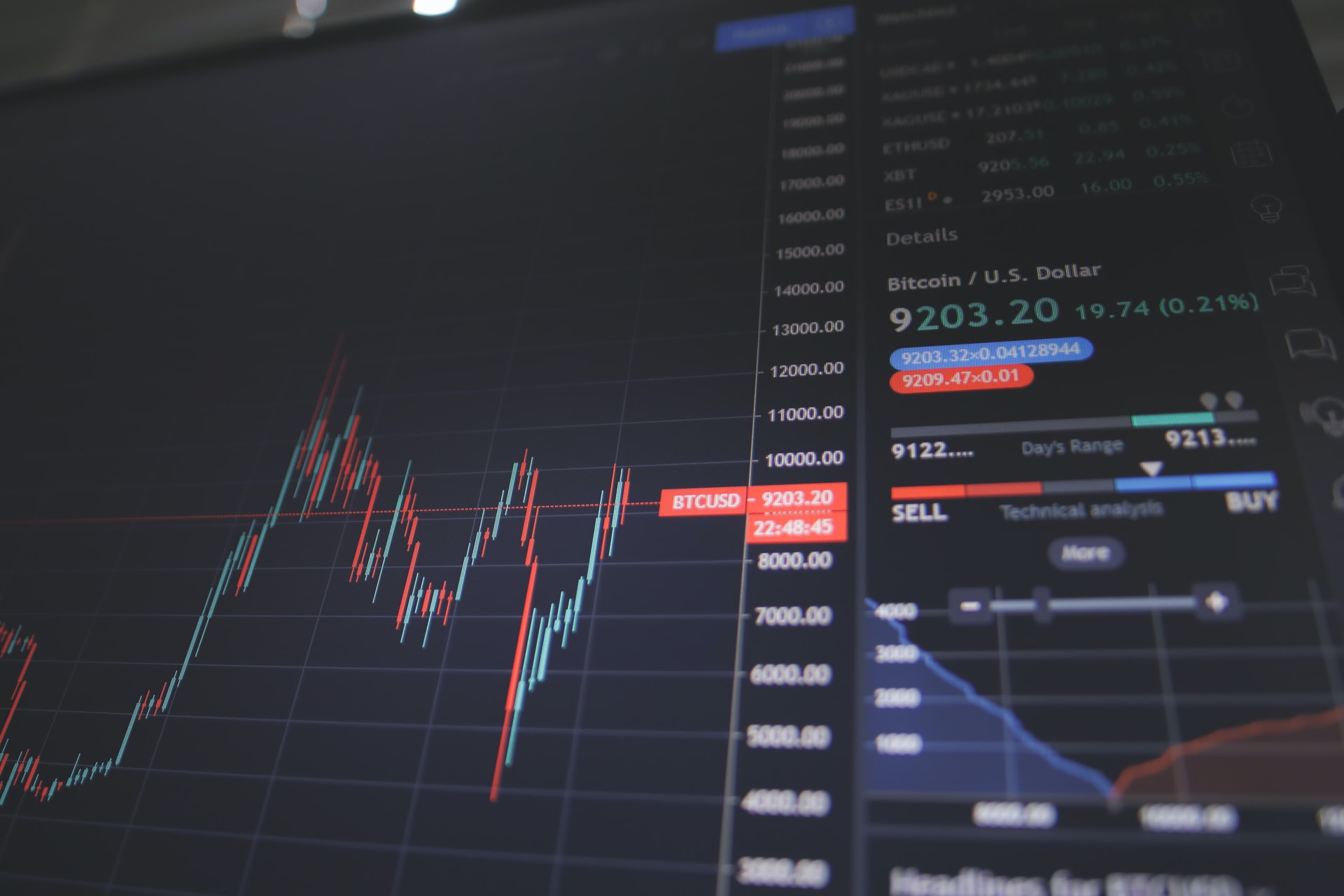The speed of the rebound in equity markets has been quite astonishing. The UK’s FTSE 100 index had its best quarter since 2010, but, welcome as the rebound is, it should also be kept in context. The rebound came immediately after the biggest quarterly fall since 1987 and the FTSE 100 remains sizeably down this year on a total returns’ basis. It also needs to be seen in context of other equity markets. The US has continued to outperform all other major equity markets and posted its best quarterly return since 1998. But the UK has also lagged Europe, Japan and Emerging Markets – both during the sell-off and in the recovery experienced since.
We got to see the full extent of the economic damage caused by COVID19 with the release of the GDP numbers for Q2. The Q1 figures were bad but managed to capture only a few weeks of the shutdown, whereas the Q2 data fully captures the restrictions at their most severe with record falls in GDP. Chancellor Rishi Sunak announced through his summer statement the government’s plan to minimise the economic damage of the coronavirus with over 650,000 jobs being lost so far along with the Debt Management Office (DMO) revealing it was on course to issue £533bn of debt this year. Whether this is enough will only become clear in time.
Things in the US appear to be troubling, with infection numbers continuing to rise, it is worth noting the caveats around test numbers, vulnerability of those infected and whether death rates will follow the same trajectory, but it is still very worrying. How far fiscal and monetary policy can be pushed to contain the damage is now the question. While the Fed has proved willing, the government has lacked coordination and urgency. Furthermore, with Congress failing to agree a replacement to the $600 a week emergency unemployment benefit, many US households are about to see a sharp reduction in their income in the coming weeks which could provide a serious headwind for an economy so reliant on consumer spending. Also, the US dollar has continued it’s steady decline seen in recent weeks, as growing international tensions with China and the worsening coronavirus crisis at home have combined to raise doubts about the US economic recovery.
Elsewhere Gold was benefitting from investor uncertainty, hitting an all-time high of $1,980 within July. The last 12 months has seen the gold price appreciate by 30% and 45% over one and two years respectively.
| Asset Class | Proxy | 1-month return | 3-month return | 6-month return | 1yr return |
| Cash | UT Cash/Money Market | 0.02 | 0.15 | 0.72 | -0.31 |
| UK Corporate Bonds | UT UK Fixed Interest | 0.43 | 3.27 | 7.28 | 10.05 |
| Emerging Market Equities | MSCI Emerging Markets | 2.55 | 13.25 | 3.53 | -0.60 |
| European Equities | MSCI Europe ex UK | -1.57 | 11.34 | -2.55 | -3.42 |
| Gilts | FTSE Gilts All Stocks | 0.41 | -0.11 | 5.64 | 9.38 |
| Japanese Equities | MSCI Japan | -7.35 | 0.16 | -6.93 | -5.47 |
| Property | UT Property | -0.22 | 2.25 | -12.84 | -8.40 |
| UK Equity | FTSE All-Share | -3.58 | 1.25 | -17.8 | -17.76 |
| US Equities | S&P 500 | -0.67 | 7.94 | 1.85 | 2.39 |
*The value of your investment can go up as well as down, you may get back less than you originally invested. Circumstances are subject to change.
Performance from the past or yields quoted should not be considered as reliable indicators of returns. This communication is for general information only and is not intended to be individual advice.
